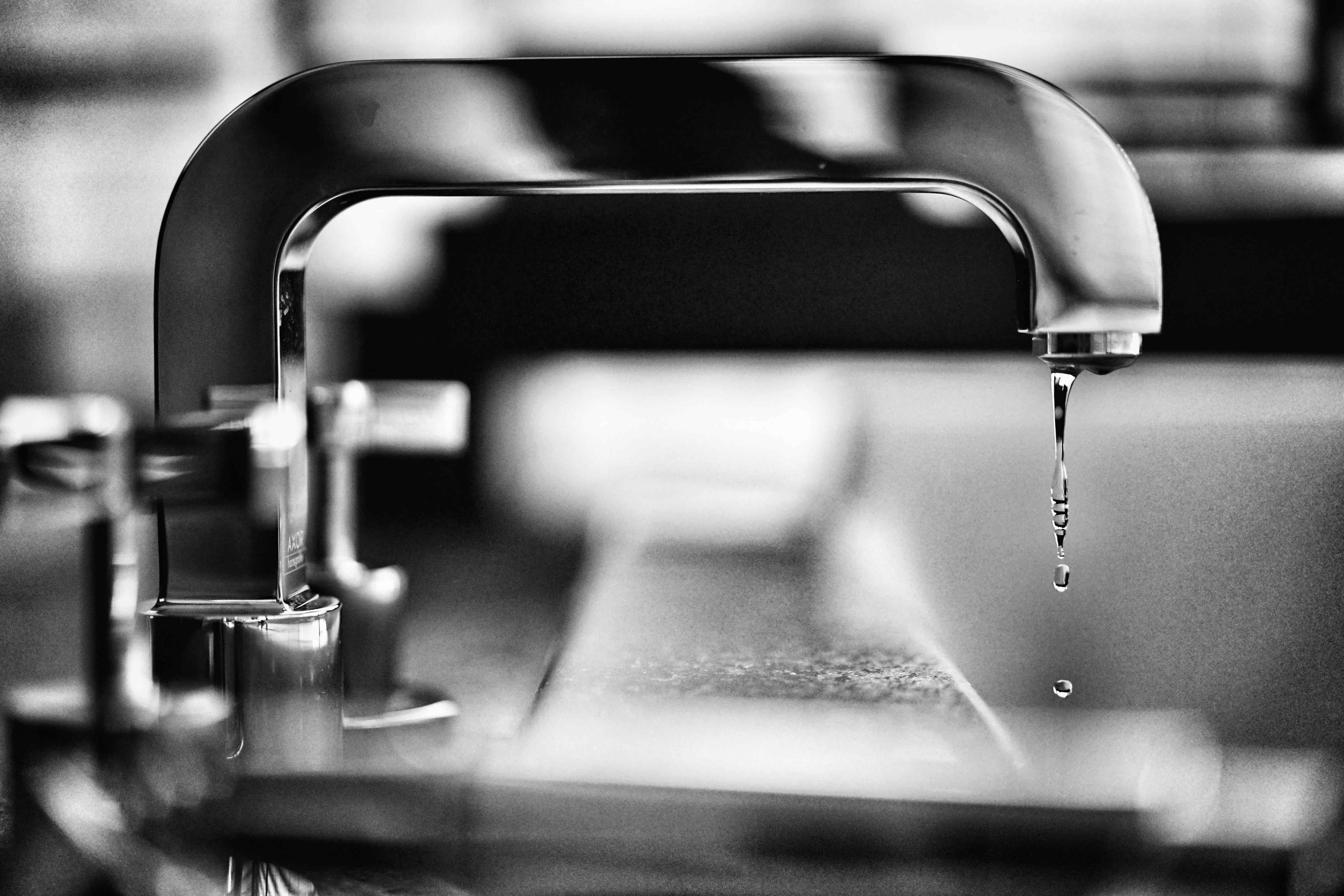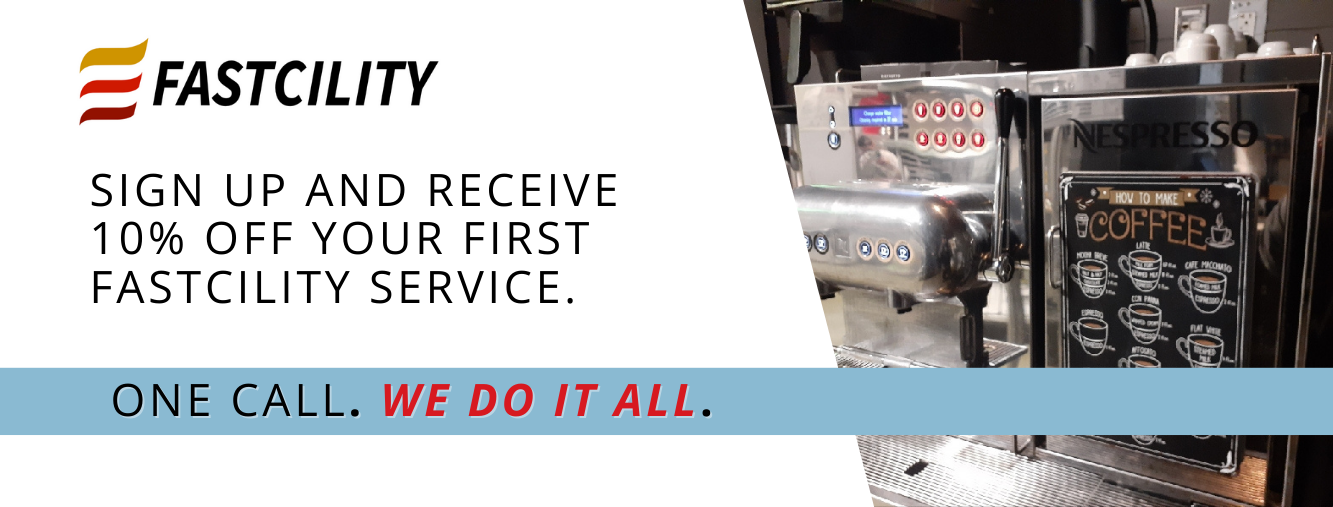Do you have a shiny new espresso machine, combo oven, or steamer? – Well, it’s not going to stay that way if you use unfiltered or poorly filtered water.
In your head, water is just water. It should be simple like you learned in school: H2O. But the clear liquid that comes out of your tap includes chemical disinfectants added by your local municipality like chlorine and chloramine as well as dissolved solids like magnesium, calcium, sodium, and chlorides.
Not only do contaminants negatively affect the taste of water, but they also lead to calcification and corrosion. Hot beverage dispensers, steamers, and especially combi ovens are very vulnerable to these kinds of problems, and considering the cost of replacement, your attention to well-filtered water is a must!
Chlorides are highly corrosive in steamy conditions. Chlorides are also difficult to remove from water. This is particularly a problem with combi ovens.
Boilerless models typically spray water directly into the cooking cavity, producing “flash steam.” Dissolved minerals end up in direct contact with the stainless interior. Poor water quality and a lack of maintenance can transform the glimmering interior into a corrosive mess within months. Don’t expect the manufacturer to replace or repair your combi oven. If your water quality doesn’t meet the manufacturer’s requirements, your warranty may be voided. A replacement combi oven could easily cost you $15,000-$45,000, so it clearly pays to protect the equipment you have. *
Reverse Osmosis To The Rescue?
Reverse osmosis machines first pass water through pre-filters to remove contaminants and sediment. The water is then pressurized and passed through a semipermeable membrane, separating out total dissolved solids, including chlorides which are then flushed down the drain. This process leaves you with some of the purest water available, and that will protect your equipment from premature decay.
There can be a few downsides to consider with reverse osmosis (RO) systems. RO can be inefficient. The process can be slow, and a large quantity of water is washed down the drain. For some systems, in order to get 1 gallon of clean water, it means 3 gallons go down the drain. Recent innovations are improving on that to the point where one RO machine maker claims to get 1 gallon of clean water with only 1 gallon being wasted.
How Do I Know if I Need a Reverse Osmosis System?
Your steamer, combi oven, or hot beverage machine has the manufacturer’s specifications for maximum chloride levels. The easiest way to know if your water system falls within those guidelines is to have your water tested by an expert. Most water filtration companies offer free testing.
If you determine that you need a RO system, there are quite a few options available. Some considerations include:
- How much RO water do you need, and which machines need it the most?
- Your local water pressure. If your local water pressure isn’t high enough for the production rate you need, you may need to add a booster pump.
- Do you need extra tanks? The RO process is slow, so if you have high demand at certain hours, you may need dedicated storage tanks.
- If you are using water for hot beverages, RO may be too efficient, which can affect the flavor profile. Some units offer the ability to blend back in some of the total dissolved solids, and some units add calcium and magnesium for better coffee extraction.
The most important thing to know is that if you want to preserve your expensive steamer, combi oven, and hot beverage machine, it’s important that you know how pure your water is. You may be able to significantly extend the life and reliability of your machines by using a high-quality water purification system.
* Fermag



Recent Comments